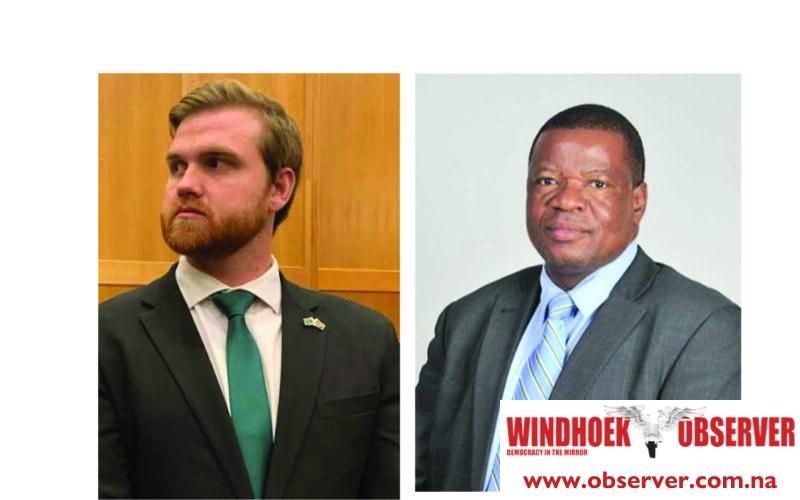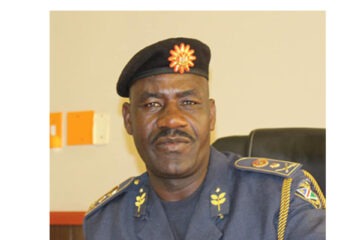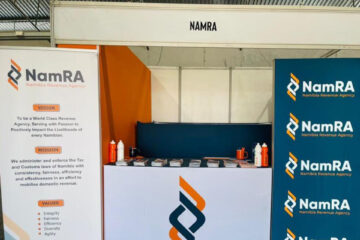Hertta Amutenja
The rejection of a motion by Independent Patriots for Change (IPC) member of parliament John Louw-Mouton to extend parliament’s session has raised concerns about the efficiency of the National Assembly.
Last week, Louw-Mouton submitted the motion without notice, asking that Parliament extend its session to address a backlog of questions from members of parliament (MPs). The motion was rejected after Swapo MPs voted against it.
“So today I move the motion without notice that we extend today’s session so that we can finally make some progress on these questions that were asked. There was an objection by Swapo, so the house went into the divide, and we voted. Because they outnumbered the opposition, it was voted in favour that the motion does not go forward. So Swapo voted that we do not extend the session,” Louw-Mouton said.
He described the outcome as frustrating, saying delays were caused by procedural matters rather than the questions themselves.
“Today we have demonstrated that we really want to work. We want to go up until 10 o’clock in the evening, if that is what it is, so that we can start clearing the backlog, but they voted against us,” he said.
Louw-Mouton also said Swapo MPs often boycott Friday discussions and refuse to work longer hours, slowing the clearing of questions and motions.
Political analyst Marius Kudumo told the Windhoek Observer on Monday that the vote could give the impression that parliament is unproductive.
“The rejection, in my view, is more political than a matter of substance or merit of the motion. It also has unintended implications where the citizenry could interpret it to mean that the Honourable Members intend to encourage unproductivity. Parliamentarians are the representatives of all the people who ought to be guided by public interest, the provisions of the Constitution and their consciences,” he said.
Kudumo said opposition MPs must continue raising issues of public interest, adding that citizens will judge their representatives during elections.
He also called for reforms in parliamentary representation.
“The nature of representation in the National Assembly and local authority elections should be looked into, especially whether the time has arrived for Namibia to have a combination of both party and direct representation to ensure direct accountability of the representatives to the voters,” he said.




